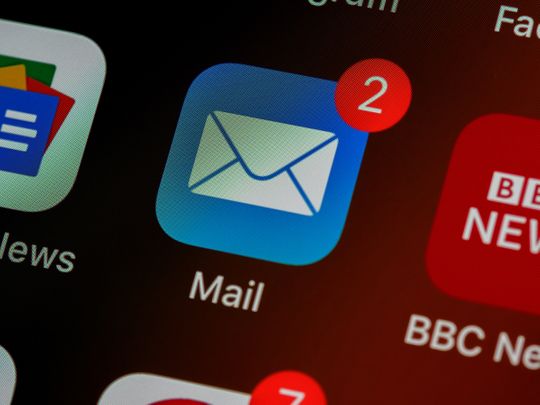
Are you someone who follows the ‘Inbox Zero’ time management approach?
Click start to play today’s Spell It, where we try to ‘solve’ the problem of how to check off tasks on our to-do lists in the most efficient way.
The Inbox Zero approach to email management came about in 2006, and its goal is to keep your inbox empty (or almost empty) at all times. The idea is that by dealing with the constant onslaught of messages as and when they come through, you’ll never get to the point where you feel overwhelmed by unanswered messages or a clogged mailbox.
But the question remains – would you expend so much time and energy on keeping your inbox empty… for about 30 seconds, until the next barrage of emails come through?
If you’re thinking you likely won’t, you probably subscribe to another approach to time management – rather than Inbox Zero’s concept, where you have to do everything on your to-do list, you would just do the important things first.
American educator and author of the bestseller, The 7 Habits of Highly Effective People, Steven Covey, shows people how to do so, in his book. He arranges all activities – including emails – into four basic quadrants:
- Important and Urgent
- Important but Non-urgent
- Unimportant and Urgent
- Unimportant but Non-urgent
According to Covey, the most effective people complete their tasks in this exact order, and believe that if they never get to the tasks classified ‘Unimportant’, even if they’re urgent, it’s alright – in fact, it’s still an indication that the person is managing his/her time well.
Another American author and motivational coach, Tony Robbins, developed a technique called the Rapid Planning Method (RPM), which is a way to maximise results, while also maximising your sense of fulfillment and joy. According to Robbins’ system, it’s worth giving priority to ‘Important but Non-urgent’ tasks, because these undertakings usually provide the highest return on your time investment.
So, if you have 1,299 messages in your Inbox, don’t feel too bad – you’re effectively assigning value to tasks, and taking control of your life and time. And that’s far more priceless than a notification-free email inbox.
What do you think? Play today’s Spell It and tell us at games@gulfnews.com.



